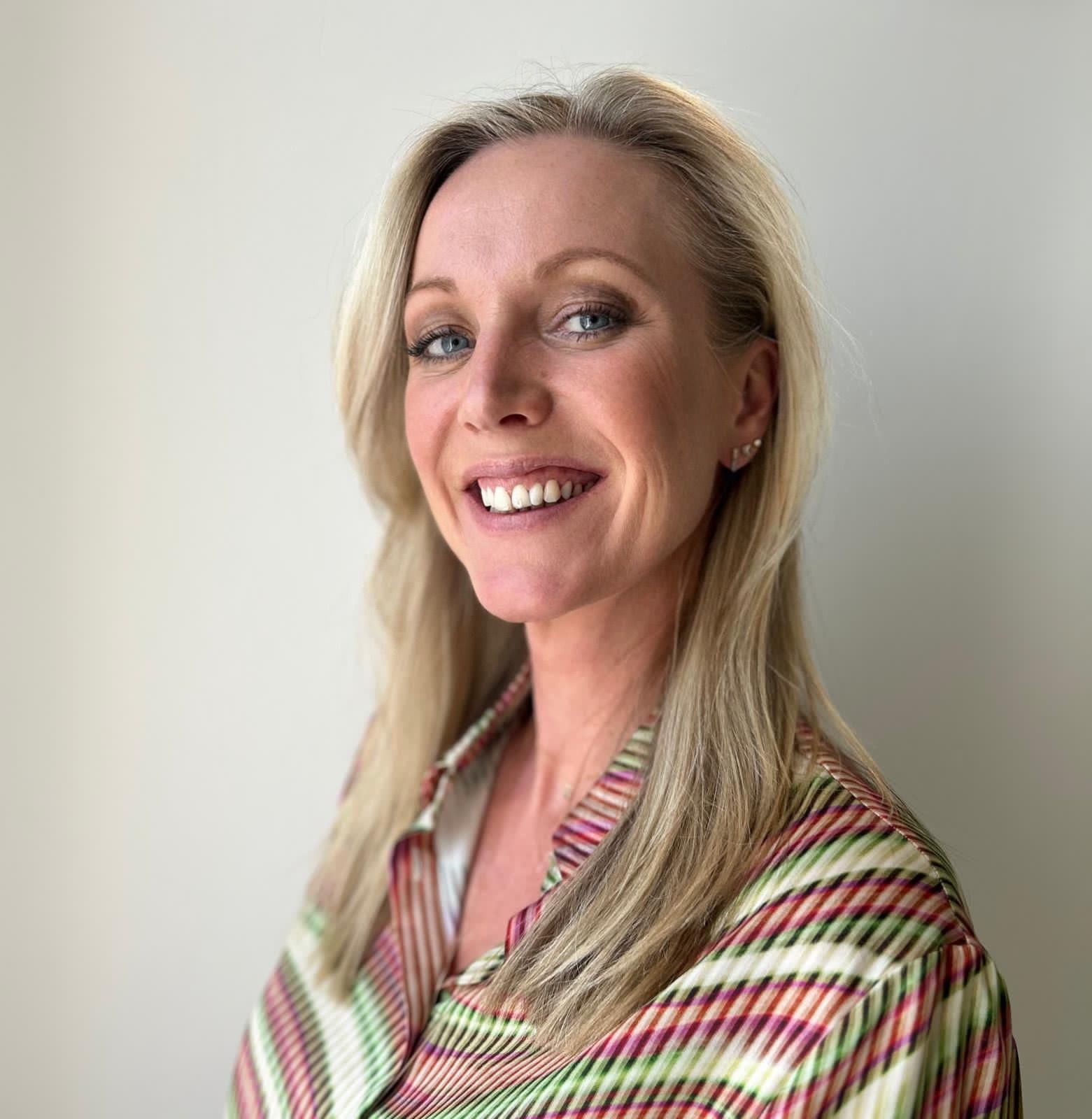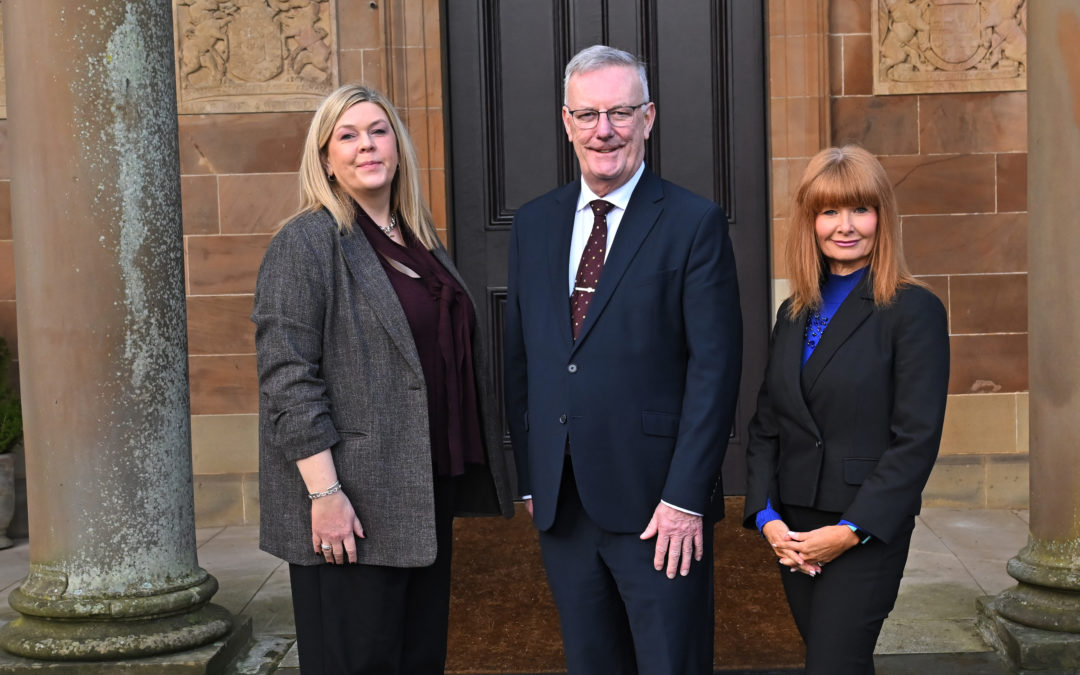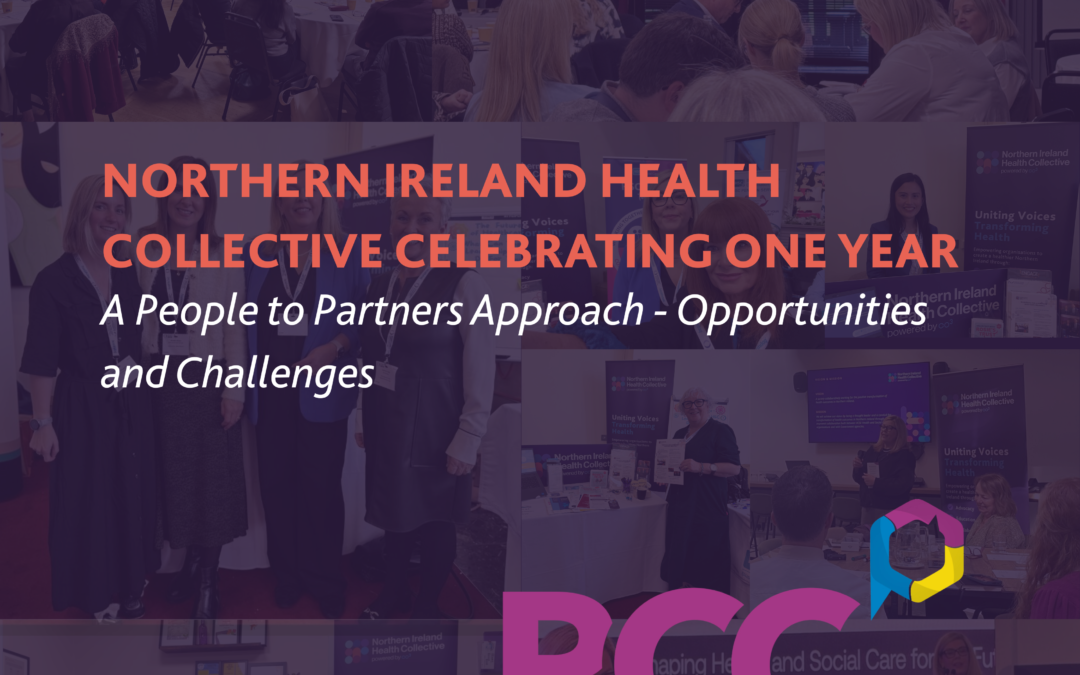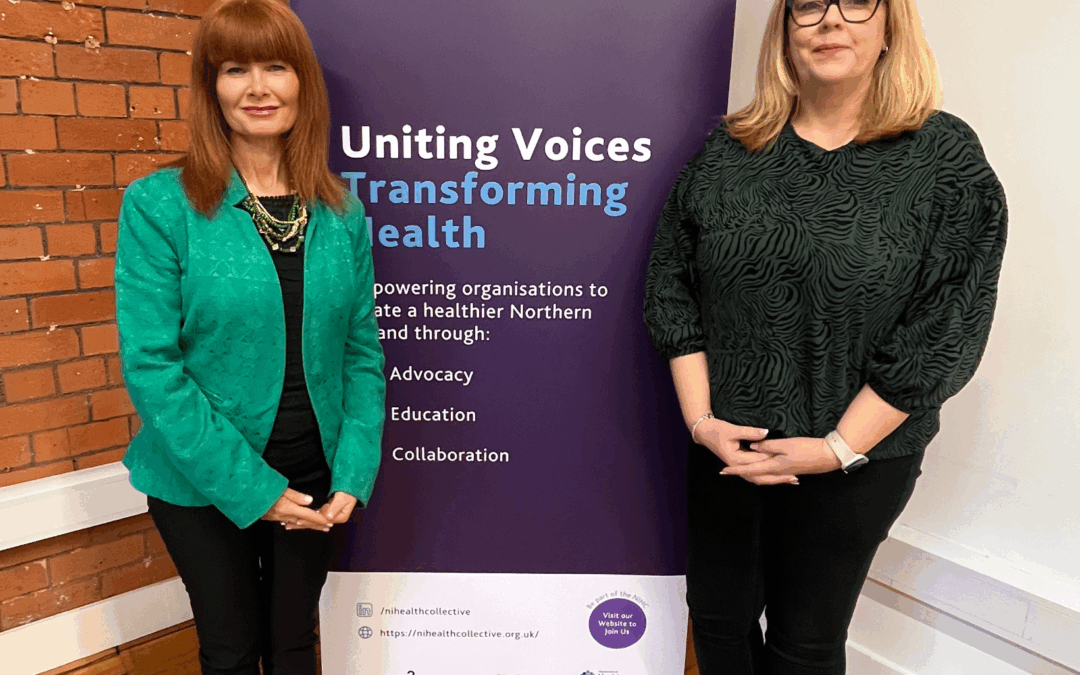By Leslie-Anne Newton, ARC NI Director
The estimated 42,000 individuals with a learning disability living in Northern Ireland face stark health inequalities. Disparities that, if unaddressed, cost lives and cut futures short. Men with a learning disability die, on average, 23 years earlier. While women die 27 years sooner than the general population. Shockingly, 6 out of 10 people with a learning disability pass away before age 65, compared to just 1 in 10 in the wider community. Alarm bells are ringing—and the time to act is now.
From delayed diagnoses to preventable illnesses, people with a learning disability often receive inadequate care due to:
- Lack of reasonable adjustments in healthcare settings. This includes accessible information, extra appointment time, and support for communication.
- “Diagnostic overshadowing” where symptoms are misattributed to disability rather than underlying health conditions.
- Insufficient training among medical staff to support the specific needs of this community.
Many die from conditions that are preventable or treatable. And this highlights a basic failure of our health system to offer an equitable standard of care.
ARC NI Speaking Out
ARC NI has existed for 25 years and its purpose is to champion the rights of people with a learning disability. These rights include choice and control, equality and inclusion. We bring people together. And encourage collaboration in challenging change which improves the lives of people supported. We facilitate over 50 people with a learning disability to advocate through groups as Experts By Experience.
We champion a healthcare system that works for everyone. Not just those who fit a one-size-fits-all model.
- Health inequalities affect us all. When we fail to support the most vulnerable, we undermine the integrity and fairness of our society.
- It’s about justice and dignity. Everyone deserves access to compassionate, adapted care. Care that respects their communication, cognitive, and emotional needs.
- We all benefit from inclusivity. Reasonable adjustments don’t just help people with a learning disability—they help everyone.
So What is Underway Currently?
Integrated Care Planning Partnerships
Since 2024, Integrated Care Planning Partnerships (ICPPs) are local- and regional-level collaborations. They bring together health and social care providers, local councils, voluntary organisations, and other stakeholders. And these partnerships jointly plan and deliver services tailored to community needs.
The aim is a joined-up, person-centred system with a strong focus on prevention and early intervention. And one which addresses social determinants of health. And not just treat illness.
ICCPs can support the tackling of health inequalities faced by the learning disability community in a number of ways.
- Holistic, Person-Centred Planning. ICPPs integrate input from health, housing, social care, education, voluntary sectors. But also most importantly people with lived experience and their families. This mirrors person-centred planning principles. As it ensures individual voices inform pathways and services.
- Closing Gaps Through Early Intervention. ICCPs reduce barriers that disproportionately affect individuals with a learning disability. By addressing non-medical factors such as housing, employment, transport, and education.
- Better Data, Targeted Support. ICPPs can use population health intelligence and strategic tools to understand the learning disability community’s needs—not just those in specialist services. This ensures planning is inclusive, timely, and effective.
- Ensuring Reasonable Adjustments Across Services. Through collaborative planning, ICPPs can encourage mainstream services—GPs, hospitals, community providers—to embed reasonable adjustments, such as communication aids, longer appointments, or accessible materials, helping avoid diagnostic overshadowing and ensuring equitable access.
- Smooth Transitions Across Life Stages. With ICPPs coordinating across agencies and sectors—health, education, social care—they can smooth transitions like post-19 service handovers, mitigating the postcode lottery and fragmentation that leave many young adults with a learning disability underserved.
Spotlight: The “Equity of Access and Outcome” Report
In August 2024, the NIPEC-led project group—commissioned by the Chief Nursing Officer in 2022—released its final report titled Equity of Access and Outcome: the future role of Registered Learning Disability Nurses (RNLDs) in supporting people with a learning disability to achieve the best health possible. The report was officially endorsed by the CNO and unveiled by Health Minister Mike Nesbitt on 1 November 2024, which coincided with Learning Disability Nurse Day.
While the full report spans many pages, key highlights include:
- A proposed model for the future of RNLD roles, aligned with the Chief Nursing Officer’s 2023 Vision for Nursing & Midwifery.
- Formation of an Expert Reference Group (ERG) in December 2022 to drive implementation of the report’s recommendations, supported by NIPEC.
- Ongoing development of RNLD Communities of Practice (CoP), open to RNLDs and interested nurses across health and social care settings.
“Dying for Change” Conference
In March 2025, organised by the Northern Ireland Public Health Agency (PHA), this conference highlighted key evidence and actionable commitments to address health inequalities faced by people with a learning disability. Speaking at the event, Health Minister Mike Nesbitt emphasised the need for a fully accessible general healthcare system, not a separate specialist one. He called for reasonable adjustments and the strategic deployment of specialist staff—especially learning disability nurses—to be embedded across the health system as part of a whole-system approach.
A powerful personal testimony also came from Martine Madden, speaking as a parent. She shared her daughter Jessica’s struggles in accessing the same standard of care available to others, reinforcing the urgent need for improvement in equitable service delivery.
This conference moment crystallised the urgency and direction of the challenge:
- Moving beyond specialist siloes—the message was clear: inclusion of people with a learning disability depends on mainstream healthcare that is universally accessible.
- Concrete enablers of change—making reasonable adjustments and expanding learning disability nursing (RNLD) roles are not abstract ideals but practical levers to reduce premature death.
- Shared accountability—the pledge framework recognises that reducing inequalities is everyone’s work, from boardrooms to frontline services.
- Human voices amplify urgency—personal stories like Martine’s bring both clarity and impetus to the push for reform.
And Why the Focus Now?
Learning Disability Policy
The Department of Health’s updated Regional Service Model for Learning Disability, ‘We Matter’ is published today. Built on strong evidence and data, the model is framed around three core principles:
- Access – ensuring equal access to services for all individuals with a learning disability, regardless of geography or personal circumstances.
- Personalisation – tailoring services to individual needs, promoting choice, independence, and control.
- Partnership – co-producing services with people with lived experience, their families, carers, and stakeholders.
The We Matter – Learning Disability Service Model for Northern Ireland outlines an outcomes-based approach for adult learning disability services in the region.
It defines what good support should look like and brings together the values, outcomes and approaches that should guide how care is designed, commissioned, and delivered.
It also signals the kind of system change required to improve people’s experience of services, from improved transitions and accessible housing to more responsive mental health care and better support for carers.
Health Minister Mike Nesbitt said:
“This document is a platform for change. It sets out a new vision for how Health & Social Care (HSC) services can better support people with a learning disability to live the lives they choose.
“The model will drive our work and ultimately help support service improvement and partnership working across health, education and other key services and agencies, including working collaboratively with the community and voluntary sector.”
So What Needs to Change
Experts and advocates agree that real, sustainable change requires a whole-system, multi-faceted approach:
- Embed reasonable adjustments across all settings: from GP surgeries to emergency departments—ensuring accessible information, longer consultations, and communication support are standard.
- Mandatory training for all healthcare professionals: to raise awareness, combat diagnostic overshadowing, and improve care outcomes.
- Expand specialist nursing roles: Registered Learning Disability Nurses (RNLDs) play a key role in bridging gaps in mainstream services, including Social Care.
- Restore and sustain funding for community and advocacy services: Essential services are being eroded by cuts—threatening local support networks, community resources, and health promotion initiatives.
- Ensure consistent post–19 support: Northern Ireland lags behind the rest of the UK in structured support for young adults—feeding into poor health outcomes as young people age out of school-based services.
How You Can Help
- Respond to the Public Consultation and consider if the model include measurable targets for reducing Learning Disability-specific health inequality?
- Champion that health services must be designed inclusively, with people with a learning disability involved in co-producing services, accessible communication, and strategic planning.
Leslie-Anne Newton is the Director of the Association for Real Change (ARC), the representative body for the learning disability community in Northern Ireland. Since 2014, she has led sector-wide collaboration among providers, policymakers, and regulators to improve services and influence policy. Throughout her career, Leslie-Anne has been a passionate advocate for enabling underrepresented voices to be directly heard by decision-makers—demonstrating her deep commitment to human rights, meaningful engagement, and co-production. With over two decades of experience across the third, public, and corporate sectors, including roles with Save the Children, Warwickshire County Council and the NSPCC, she brings strategic leadership, cross-sector expertise, and a focus on inclusive, rights-based practice. She has supported and partnered on research with Ulster University and Queen’s University Belfast, advancing data quality and safeguarding policy in learning disability services.




